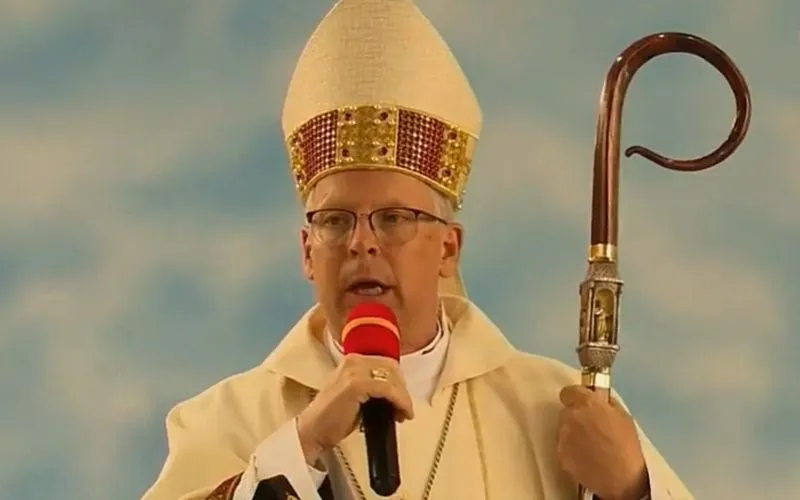“If the government wants to allay the fear and the anger not only of the youths but also of all the citizens and all the hustlers of this great nation, they cannot continue and do as if it’s business as usual. Business has to change because our youths mean business”, Archbishop van Megen said during the event that was held at Vincentian Prayer House in Lavington, Nairobi.
The Dutch-born Vatican diplomat regretted that just like previous revolutions witnessed in history, the Nairobi protests saw violence resulting in the loss of lives and destruction of property.
The Nairobi revolution, he said, was about “oppressors against the oppressed; heavily armed security forces against poorly protected protesters; water cannons, teargas, live bullets against sticks and stones; explosions against shouting and feelings of protesters, the state machinery shooting freely at will.”
He added, “There was blood on the streets, dead bodies left behind, and the wounded were brought in at the square of the Holy Family Minor Basilica.”
The Gen Z-led protests against Kenya’s Finance Bill 2024 started on June 18, the day the Bill was tabled in parliament for debate, with hundreds of youths and some human rights activists taking to the streets of Nairobi to urge the legislators not to vote for the Bill during its second reading that was scheduled for June 20.
On June 20, protesters thronged at least 18 major Kenyan cities and townships saying that they were not satisfied with the announced amendments to the Bill that aimed to raise US$2.7 billion through additional taxes; they wanted the entire Bill rejected because it was set to raise the cost of living for an average Kenyan, who the protesters said is already struggling to survive.
Still, the legislators approved the Bill in its second reading. They met again on June 25, and approved the proposed amendments to the Bill, a move that angered the Kenyan protesting youths. The protests turned violent, with Kenyan police opening fire on protesters. At the height of the violence, suspected police officers fired at demonstrators who stormed the Kenyan parliament and set a section of it on fire.
Some 53 Kenyans reportedly lost their lives during the protests, 30 of them in Nairobi’s Githurai settlement and the other 23 countrywide, especially in Nairobi streets, according to Kenyatta National Hospital and the Police Reforms Working Group (PRWG), a conglomeration of civil society groups.
In his June 29 homily, Archbishop van Megen also faulted the abductions of internet influencers and student leaders who were reportedly tortured and humiliated before being “dumped in the dark and filthy ditches of Nairobi.”
He lauded the Holy Family Minor Basilica in the center of Nairobi for accommodating the wounded protesters during the June 25 protests giving them water and also consoling them. The Archbishop said the Church should never disconnect itself from the suffering.








